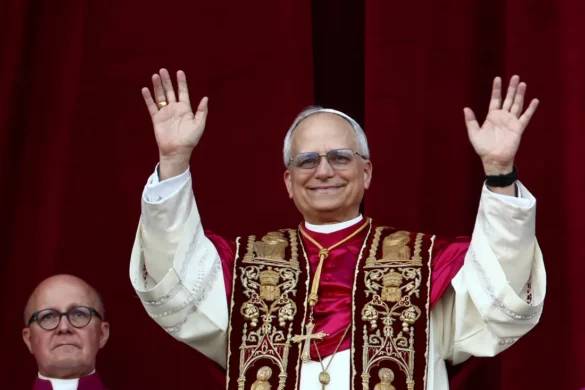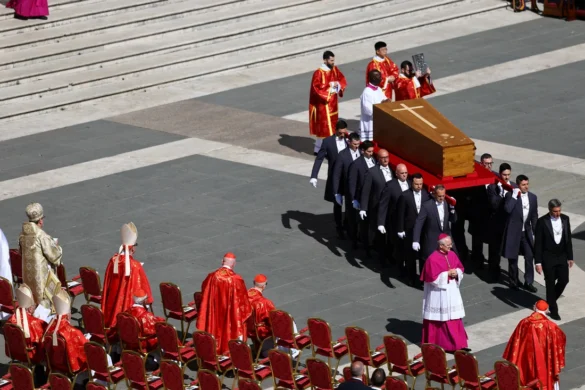Christian Aid and EpiAfric, both NGOs, have called on Nigerians and the Federal Government to adopt Community Based Health Insurance Scheme to improve access to healthcare.
The groups made the call at the opening of a two-day update writing course for journalists covering the health sector, in Abuja on Thursday.
Dr Ifeanyi Nsofor, interim Chief Executive Officer (CEO), EpiAfric, said it was crucial for government to consider the weakest in society when making plans and budgets for health and social welfare.
Nsofor described healthcare as basic human right and urged the government to ensure that the poorest in society were covered and taken into consideration in National Health Insurance Scheme (NHIS).
He said that for quality NHIS to exist in Nigeria, government must conduct an economic evaluation and demonstrate political will to pay for surveys and commission research.
“Government must go to the people and ask them how much they will be willing to pay for a good bouquet of health services in a year.
“It has to be what the people can pay or afford, secondly advocacy must continue, they must gain the trust of the people by assuring them that when they pay, they will get the services.
“It must also be backed up by legislation; government must sign a law for it so that even if the government leaves, any other government coming in is bound by law to continue doing that,” he said.
Nsofor said that people must understand the concept of health insurance.
“It is a risk pooling of funds and the higher the population the lower the risk because it is spread thinly across the huge population.
“The more the people in the health insurance scheme the less the risk for everybody because at the end of the day, very few people will fall ill to access care.
“And so what you have contributed will be enough to provide the care and also be enough for health services provider to make a profit,” he said.
The expert said that Nigeria must start backing polices with data and evidence.
According to him, it is time for Nigerians to start taking their health very seriously, and being accountable for their health means holding the government responsible.
“For instance, if the government says they are going to do something, we should be able to ask questions like have you done it and why haven’t you done it?
“We must start tracking what our politicians are doing,” Nsofor said.
In her remarks, Ms Nneoma Anieto, Programme Communication Person, Christian Aid, said that the programme was to sensitise people to the need for health coverage for the poor and the marginalised in the society.
Anieto said that if the country adopted community based health insurance scheme it would be on the part to attaining universal health coverage.
“We want a health system that will work and for government to put the health needs of the people at the front line,” she said.




